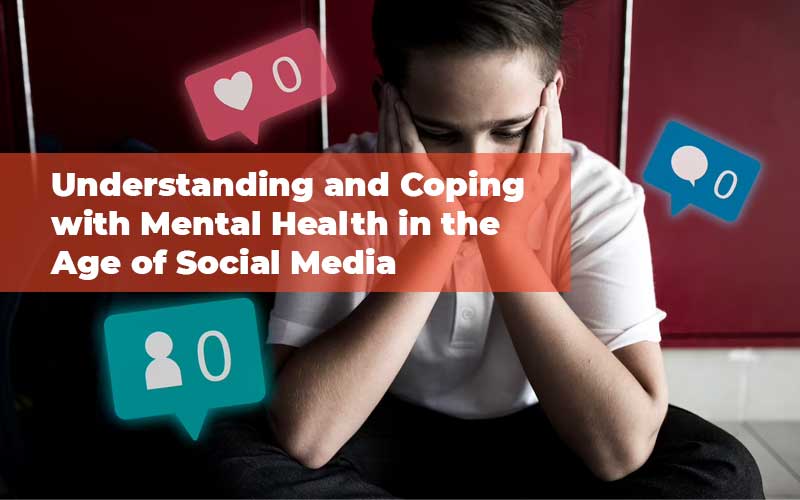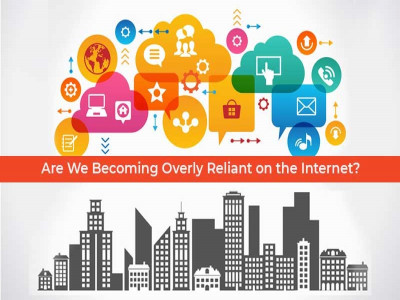
Understanding and Coping with Mental Health in the Age of Social Media
Social media has become a ubiquitous part of modern life,
with billions of people using platforms like Facebook, Instagram, Twitter, and
LinkedIn to connect with others, share information, and stay informed. While
social media has many benefits, it can also have a negative impact on mental
health, leading to increased stress, anxiety, and depression. In this article,
we will explore the impact of social media on mental health and provide
strategies for coping with its effects.
The Impact of Social Media on Mental Health
Social media can have both positive and negative effects on mental health. On the positive side, social media can provide a sense of connection and community, especially for individuals who may feel isolated or disconnected in their offline lives. Social media can also provide a platform for sharing information and raising awareness about mental health issues.
However, social media can also have negative effects on mental health. Studies have found that excessive use of social media is associated with increased stress, anxiety, and depression. Social media can create a sense of social comparison, as individuals compare themselves to others based on their online presence. This can lead to feelings of inadequacy, low self-esteem, and a distorted sense of reality.
How to Cope with the Effects of Social Media
There are several strategies individuals can use to cope with the negative effects of social media on mental health. These include:
1. Limit social media use: Individuals can limit their social media use by setting time limits or taking breaks from social media altogether. This can help reduce feelings of social comparison and increase feelings of control and agency.
2. Practice self-compassion: It is important for individuals to practice self-compassion and remind themselves that their worth is not determined by their online presence. They should focus on their own strengths and accomplishments rather than comparing themselves to others.
3. Engage in offline activities: Engaging in activities that do not involve social media, such as exercise, reading, or spending time with friends and family, can help individuals reduce stress and anxiety and improve their overall well-being.
4. Seek support: Individuals who are struggling with mental health issues related to social media should seek support from a mental health professional. Therapy can provide a safe and supportive space for individuals to explore their feelings and develop coping strategies.
5. Practice mindfulness: Mindfulness techniques, such as deep breathing, meditation, and yoga, can help individuals reduce stress and anxiety and cultivate a greater sense of inner peace and well-being.
Social media can have both positive and negative effects on mental health. While social media can provide a sense of connection and community, it can also lead to increased stress, anxiety, and depression. By limiting social media use, practicing self-compassion, engaging in offline activities, seeking support, and practicing mindfulness, individuals can cope with the negative effects of social media on mental health and cultivate a greater sense of well-being.
Disclaimer: The opinions expressed in this article are those of the author's. They do not purport to reflect the opinions or views of The Critical Script or its editor.

Newsletter!!!
Subscribe to our weekly Newsletter and stay tuned.

















Related Comments